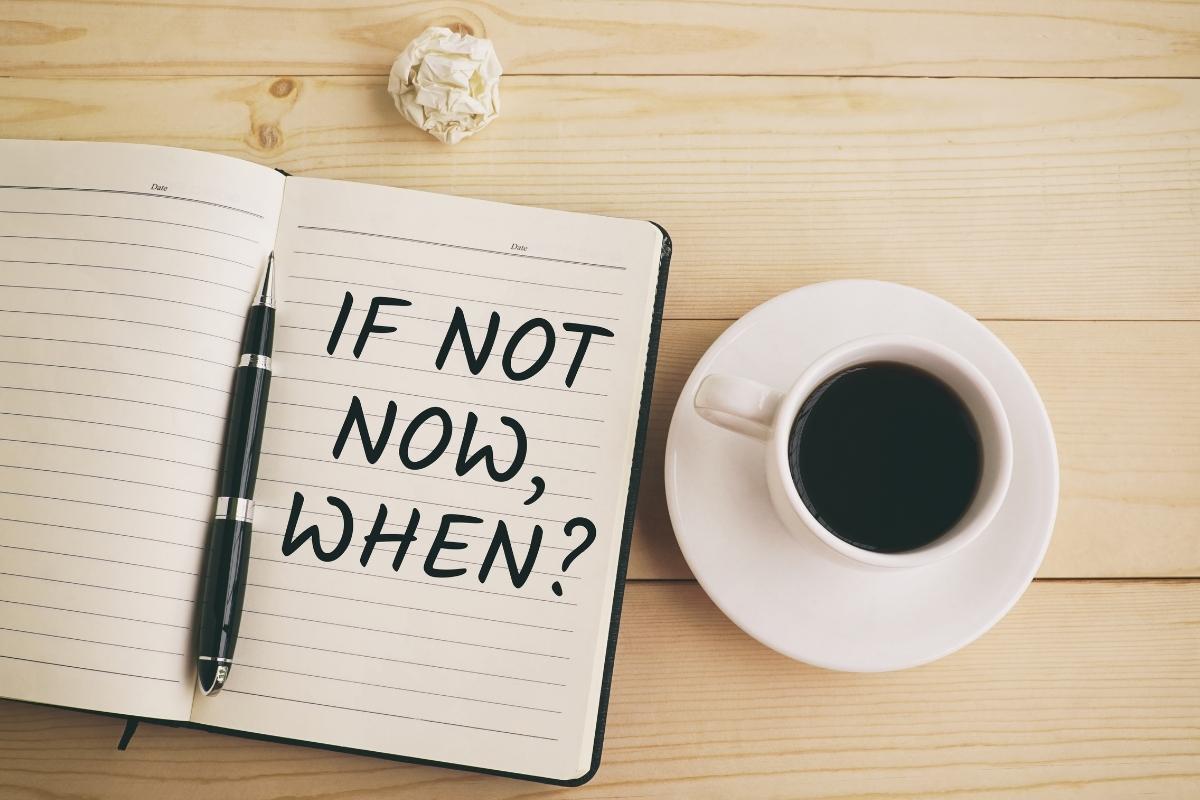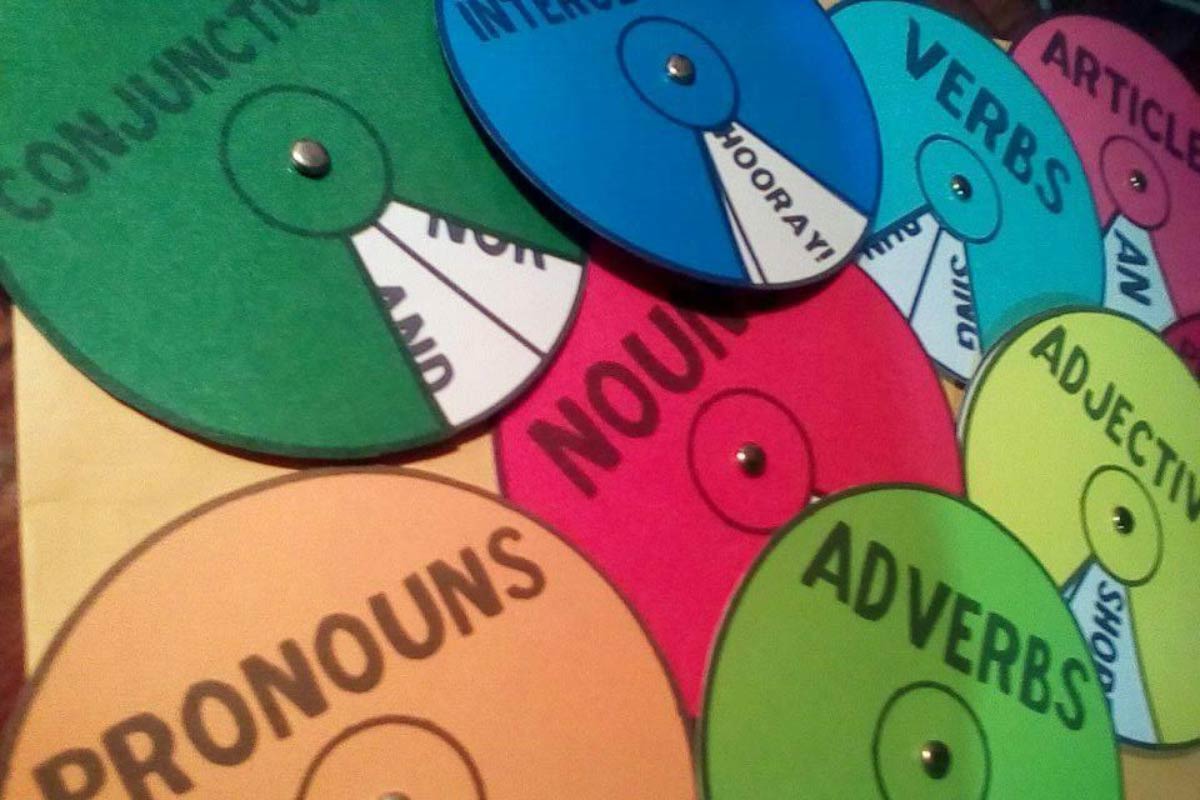One of the most frequently used and often confused topics in English is the difference between while and when. It is possible to make this subject, mainly confused with its usage areas and place in a sentence, understandable with a few simple tips. For this, we can start with when and while usage areas, things to be careful about when using it, and how we can distinguish these two connectors from each other.
When + Simple Past and Past Continuous
An adverbial clause formed with when usually describes when the action in the main clause is in progress. It means that when an action happened, another step was happening. For this reason, you should use simple past tense in the sentence to which you connect ‘when.’ Also, you should use past continuous in the main sentence. Depend on the difference between while and when topic, we can give you these examples:
- When they came, she was studying.
- When he went out, it was snowing.
- They were arguing when she entered the room.
When is also used to describe consecutive actions. In this case, the conjugation of both sentences will be Simple Past Tense. If we take it in the form of a formula; When+Simple Past, Simple Past. For example:
- When we arrived, he went to the cinema.
Here, the first situation is that they come; the second situation is that he goes to the cinema.
While + Past Continuous and Simple Past
The while clause is usually used to describe another action that is in progress during the action in the main sentence. Depending on the difference between while and when topic, we can say that: The sentence to which while depends will be past continuous, and the main sentence will be simple past tense. For examples:
- While they were studying, he came in.
- While she was walking home with my friends, it began to rain like cats and dogs.
- While Amy and Mary were waiting for Jack, they came across Michael.
- We took a photo while you were asleep.
- He had sprained his ankle while he was playing tennis.
When and While are Sometimes used Interchangeably
When explaining the difference between while and when it may surprise you that sometimes both can be used in the same sentence. In some sentences, these conjunctions can also be used interchangeably. Although both are considered correct, the use of while is more common. For example;
- When/While he was walking home from work, he bumped into an old friend on the street.
As can be seen from the example, both conjunctions can be used in such sentences. Here, when or while can be used as he was walking part is an ongoing action.
Examples of the Differences between When and While
In English, these two words sometimes add the same meaning to the sentence. Therefore, while and when are not always interchangeable. Depending on the difference between while and when topic, we can say that:
- If the action is currently in progress, you should use ‘while’.
- If the action is a one-time action and does not continue, you should use ‘when’.
Let’s give examples now:
- I am sitting while she is standing.
Let’s look at the sentence. Both verbs in a sentence are a continuing action. ‘She stands while I sit’ Both the sitting action and the standing action continue as soon as the sentence is spoken. But;
- He picked up the phone when you called.
In the sentence, there is no ongoing action and two one-time actions occur in a row. ‘He answered the phone when you called’ so we use ‘when’ in this sentence. Depending on the difference between while and when topic, we can give some examples:
- They were working on the project while she was talking on the phone.
- We sat down when she came.
- He was sleeping while she was driving.
- He left the room when Bob shouted.
Ongoing -Action and One-Time Action
But what if there is a recurring and one-time action? What should you do then? Things can get messy, and you need to be careful here. If you are stating that there is another action going on during a one-time action in the sentence, you need to pay attention.
Depending on the difference between while and when topic, you should pay attention to is this: If there is an ongoing action, while or when is used before it. Which one you use is a matter of preference. But if there is a one-time action, when is used before and while is not.
For example:
- I fell to the ground while she was sleeping.
When should be used in the sentence. Because falling to the ground is not an ongoing action. So you need to use the sentence as follows:
- She was sleeping when I fell.
A few Mixed Examples
- They were watching a movie when Steven came.
- They looked at you while/when Bob were talking.
- Jack was buying a phone when you came.
In this content, we talked about the differences between while and when. As you can see above, we have given enough examples to make the subject understandable.




